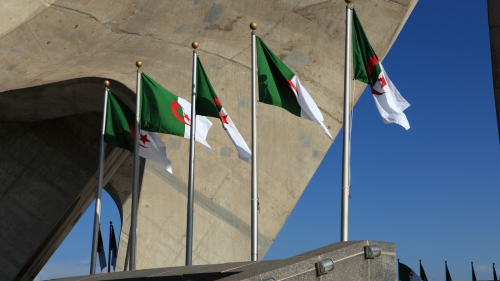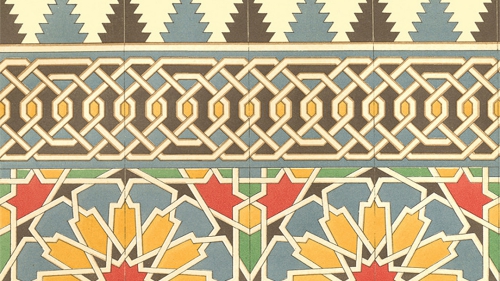Sudan: Bending Over Backwards
There is an American colloquialism that says, "No good deed goes unpunished." The corollary to that is "Nice guys finish last." Sudan, perpetually punished for being nice, is more familiar with these sayings than it would prefer.
Contrary to popular belief, the Sudanese government has bent over backwards to move towards a full reconciliation between itself and opposition groups that have contributed the country's 10-year civil war. But despite the volume and sincerity of the government's overtures (both domestically and internationally), Sudan continues to be a pariah in the eyes of the West and, in colloquial terms, "can't catch a break."
Why Sudan has failed to win a warming of international sentiment is beyond explanation, for its diplomatic record over the last six months has been stunning. Dating from July, the Sudanese government has made every effort to bring peace to its people, all of its people.
On Oct 9, Sudan proved it could be successful in peacefully handling the troubling issue of the sabotage of its newly completed oil pipeline when it convinced Egypt to deport two Sudanese men suspected of the attack to Eritrea. The two are members of the opposition National Democratic Alliance, which claimed responsibility for the act.
On Nov 2, the Sudanese government established a committee for peace and reconciliation, comprising several government officials as well as representatives from southern Sudan, a stronghold for opposition forces. This was followed on Nov 12 by Sudanese President Omar Beshir's decision to renew a general amnesty to all members of armed opposition groups, encouraging them to return to peace negotiations. And then on Nov 14, Sudan pledged to return property taken from the opposition during the 1989 coup and promised to pardon opposition political prisoners. If all this isn't significant progress, then what is?
But there's more.
On Nov 26, Sudanese Foreign Minister Mustafa Osman Ismail signed a groundbreaking preliminary accord with opposition leader Mubarak Al-Fadl of the National Democratic Alliance, paving the way for a comprehensive agreement to end the civil war. This accord was witnessed by Beshir himself as well as by Umma Party head Sadek Al-Mahdi, whom Beshir ousted from power in 1989.
Internationally, Sudan has publicly proclaimed its desire to normalize relations with the United States. On Nov 19 it pledged to do the same with Ethiopia after a two-day visit to Ethiopia by Beshir. And in July Sudan reopened its embassy in Kuwait.
All of this would lead the objective observer to believe that Sudan has genuine designs to establish goodwill with its neighbors in the region and to get about the business of achieving internal peace and actualizing its enormous potential as a viable economic and political power.
Why then has the U.S. government pledged to lend financial assistance to the SPLA in the south of Sudan? Why did U.S. Senator Sam Borwnback find it necessary to back anti-Sudan, propagandistic television entertainment? Why won't the United States formally apologize and provide remuneration for its unlawful bombing of the Al-Shifa pharmaceutical plant in Khartoum? Why does Sudan continue to suffer from misrepresentation of its civil war in the western media?
Lacking sound answers to these questions, the objective observer might conclude that someone is intentionally trying to sully Sudan's name and keep it hamstrung and ineffective in the region. If this weren't the case, then why does the United States refuse to even entertain joint Libyan/Egyptian plans for peace in Sudan? Why does the United States opt instead to stand stubbornly behind the plan forwarded by the African Inter-Governmental Authority for Development (IGAD) which marginalizes other opposition groups and focuses on reconciliation between the Sudanese government and the SPLA?
Yes, the horn of African region has troubles and challenges galore. Yes, peace has been slow coming to the region. But this does not mean that truly effective progress has not been made and is not being planned. IGAD and other countries close to the region have given every indication that change is coming. And Sudan has played a major role in forwarding that progress, both for itself and for those with whom it is integrally linked. So why doesn't the world cut Sudan some slack, step back from mercenary motives and allow it to work out its problems. If Sudan needs help, it knows how to ask.
Ali Asadullah is the Editor of iviews.com















